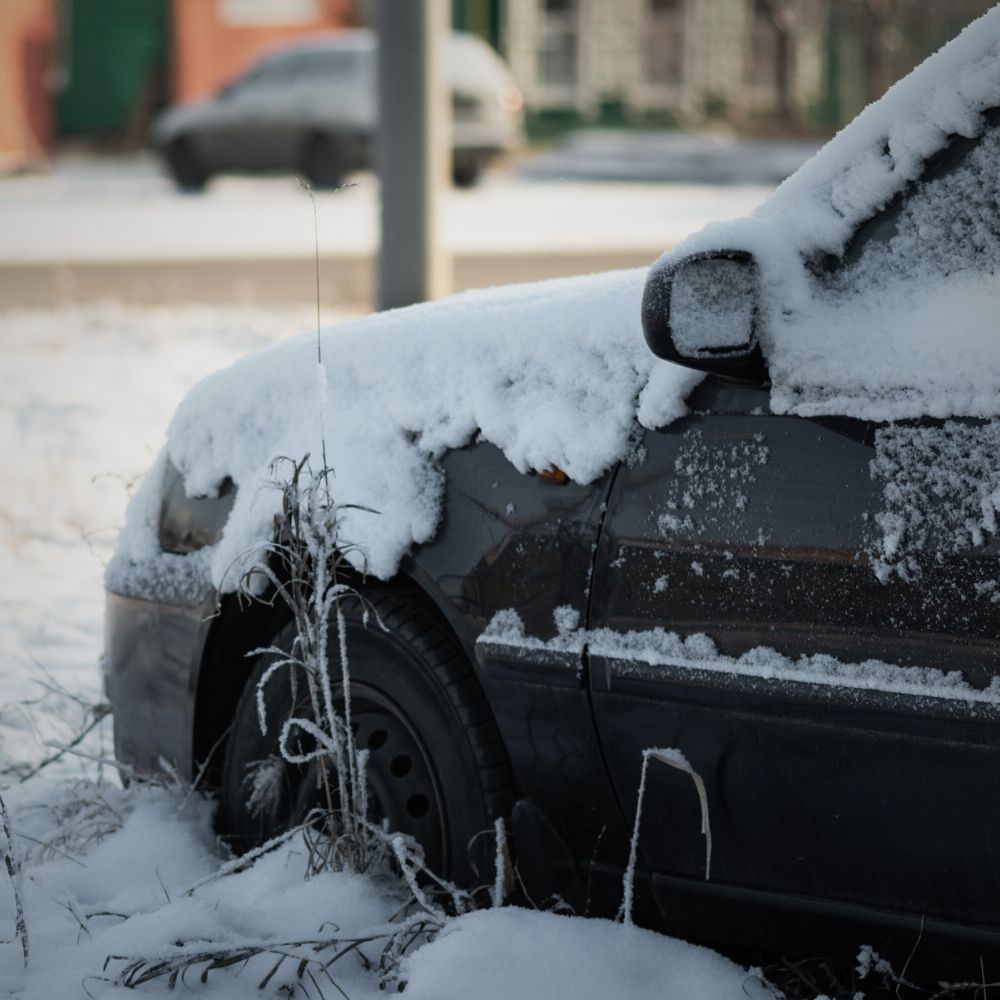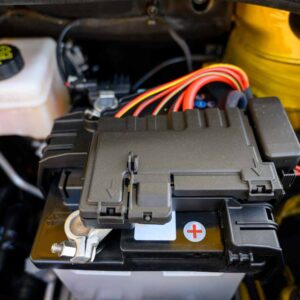
Cold weather can drain your car battery’s power faster than you might expect. The chemical reactions that generate electricity inside the battery slow down in low temperatures, which means less power is available to start your engine. At the same time, your car’s electrical systems—like the heater, defroster, and headlights—are working overtime, putting even more strain on the battery.
Many drivers only notice the problem when the car won’t start on a freezing morning. By then, it’s too late. The truth is, battery issues often start weeks or months before the first winter breakdown. Understanding the extra demands that winter puts on your battery is the first step in preventing costly and inconvenient failures.
How Cold Weather Affects Engine Oil—and Your Battery
It’s not just your battery that struggles in the cold—your engine oil is also affected. As temperatures drop, oil thickens and moves more slowly through the engine. This makes it harder for your engine to turn over, forcing your battery to work even harder to start the car. The extra effort can quickly drain a weak or aging battery.
Switching to the proper winter-grade oil can make a huge difference. Thinner oil flows more easily in cold conditions, reducing the amount of energy your battery needs to get the engine running. This simple maintenance step can give your battery a break and help your car start more reliably on frosty mornings.
Reduce Unnecessary Battery Drain
Even when your car is turned off, certain systems can still draw power from the battery. Cabin lights, interior electronics, and even small accessories like phone chargers can slowly drain your battery overnight. In cold weather, when battery capacity is already reduced, this parasitic drain can make the difference between starting your car or needing a jump.
Get in the habit of double-checking that all cabin lights are off, doors are closed securely, and accessories are unplugged before leaving your vehicle. It may seem minor, but these small actions can extend your battery life and save you from winter starting troubles. Over time, reducing unnecessary drain will also help maintain your battery’s overall health.
Stay Ahead with Routine Maintenance
Preventing battery trouble in the winter starts with regular inspections. A professional battery technician can test your battery’s charge, clean corrosion from connectors, and perform an electrical diagnostics check to catch issues early. These preventative steps ensure your battery and charging system are working at their best before cold weather hits.
It’s also important to make sure you have the right type and size of battery for your car. Batteries are not one-size-fits-all—different vehicles require different cold cranking amps (CCA) to start in freezing conditions. Using a battery that meets or exceeds your manufacturer’s recommendations can be the difference between a smooth winter start and being stranded in the cold.
Routine maintenance not only keeps your car running reliably but can also extend the life of your battery. A little preparation now can prevent a lot of frustration when temperatures drop.
Winter driving is hard on your vehicle, but with a strong, properly maintained battery, you can avoid most cold-weather starting problems. Regular inspections, the right oil, reduced parasitic drain, and ensuring your battery matches your car’s requirements all work together to keep you on the road.




